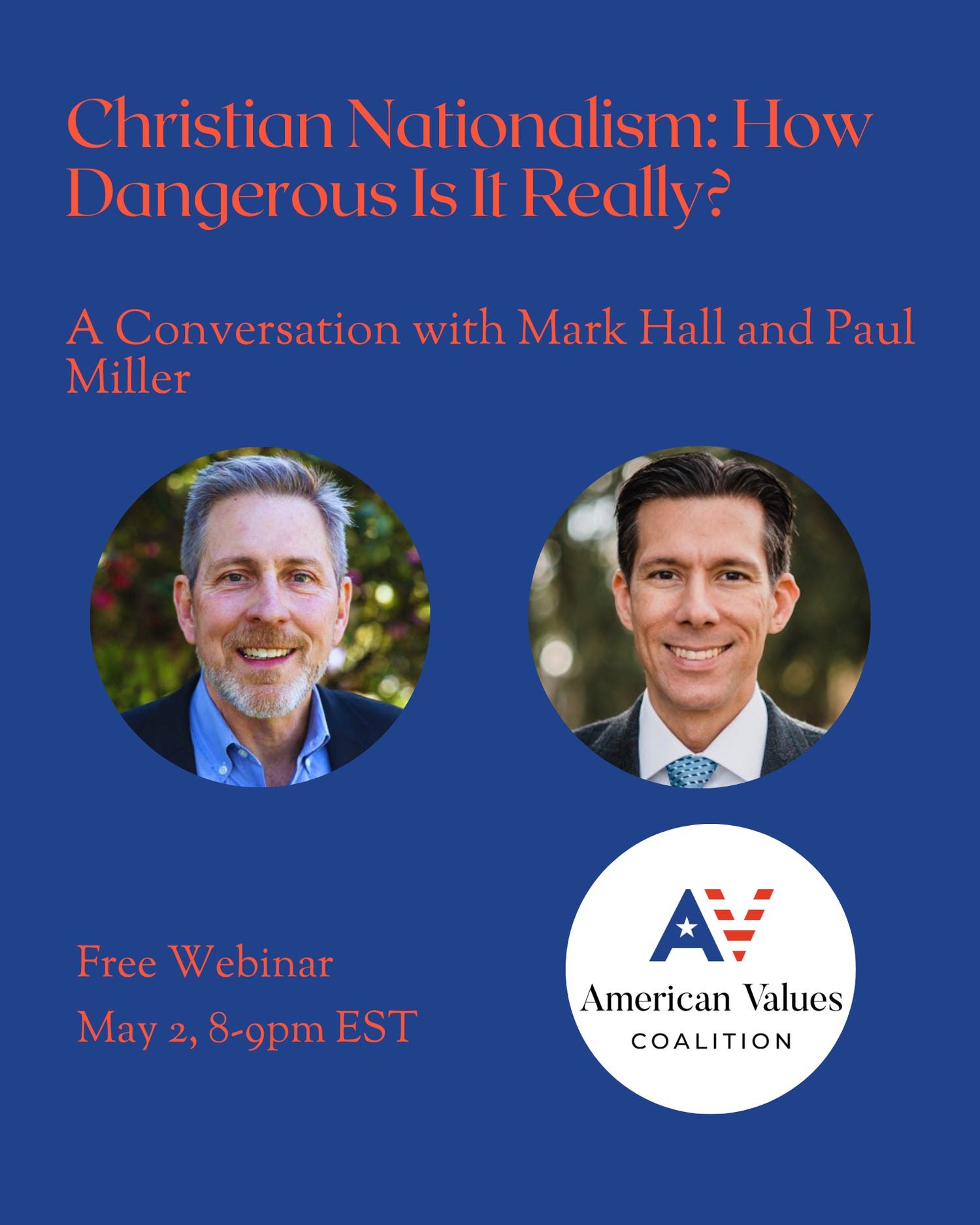|
 |
Kate Middleton and Russian Disinformation
Understanding how disinfo works will help you guard against it.
Recent news stories about Kate Middleton, aka Catherine, Princess of Wales, showed how Russian disinformation campaigns often work.
After much tabloid rumors and speculation, Catherine announced two weeks ago that she has been diagnosed with stomach cancer. This "swirling mess of speculation" created an "ideal situation" for the Kremlin's efforts to undermine Western institutions, Martin Innes, a disinformation expert at Cardiff University in Wales, told CNN.
Innes and his team at Cardiff identified 45 social media accounts tied to "Doppelganger," the Kremlin-backed group that targets Europe and the US.
While Doppelganger operations will sometimes plant its own disinformation on social media, in the case of Catherine, it was simply amplifying disinformation that was already available.
But often the group seeks to foment stories already causing division. The Kate rumors were particularly easy for the campaign to target, Innes said, because much of the Western public was already in a conspiratorial “mindset.”
Rasmus Kleis Nielsen, director of the Reuters Institute for the Study of Journalism at Oxford University, told CNN that disinformation campaigns “always jump on issues that are engaging and divisive, and that lend themselves to making people question the credibility and trustworthiness of the information they see.” But how effective the campaign may have been, he added, is another question: “Most people come across a lot of nonsense on the internet anyway and are generally quite skeptical of all of it.”
Russia's end goal isn't to get you to believe untrue things about Catherine, it's to get you to distrust all information in general.
Anna George, who researches online disinformation at the Oxford Internet Institute, told CNN, “Russian disinformation campaigns like to sow confusion about who to trust,” and suggested the debacle may have provided the Kremlin grounds to accuse British institutions of spreading fake news.
Relatedly, check out this 60 Minutes interview with Cambridge University's Sander van der Linden, a misinformation expert. He points out that censorship isn't an effective or feasible tool against misinformation and misleading information. Rather, we should be helping citizens guard themselves against disinformation campaigns by helping them understand how they work, a process he calls "prebunking."

What Else We're Reading
Bonnie Kristian: "You can win the information war in your mind. The government can’t win it on the internet."
The second point of ignorance is the assumption that well-produced “marshaling of truth and fact to tell our story” wins a battle against pixelated, barely intelligible memes. A lot of worry about misinformation focuses on articles that are wholly fabricated or a careful mix of truth and lies. But we should realize by now that, often, you don’t need to do that much work. Often, a far more effective way to spread a narrative is to slap a couple unsourced lines in comic sans onto a black background with a picture of a Minion or Bernie Sanders or Thomas Jefferson in sunglasses and send it out into the world to wreak its havoc. This is a 2-minute endeavor, no State Department resources needed.
To be clear: I am not saying the federal government should make memes. I’m saying there’s not a predictable line from we make a nice video that tells the truth and put it online to people share and believe the video instead of the garbage coming through their feeds. The garbage is probably less tedious and more fun, and it has the key advantage of being what its recipients want to believe.
You see, even if scale weren’t an issue, this isn’t really a supply-side problem. The problem is demand. Misinformation (and worse) spreads because people like it. Insofar as propaganda from other countries works on Americans, it’s because it tells them things they’re already inclined to think. It asks them to take a half-step farther in the same direction, not reverse course.
NYT: "The Church of Trump: How He’s Infusing Christianity Into His Movement"
The meditative ritual might appear incongruent with the raucous epicenter of the nation’s conservative movement, but Mr. Trump’s political creed stands as one of the starkest examples of his effort to transform the Republican Party into a kind of Church of Trump. His insistence on absolute devotion and fealty can be seen at every level of the party, from Congress to the Republican National Committee to rank-and-file voters.
Mr. Trump’s ability to turn his supporters’ passion into piety is crucial to understanding how he remains the undisputed Republican leader despite guiding his party to repeated political failures and while facing dozens of felony charges in four criminal cases. His success at portraying those prosecutions as persecutions — and warning, without merit, that his followers could be targeted next — has fueled enthusiasm for his candidacy and placed him, once again, in a position to capture the White House.
Cleveland.com: “Our Trump reporting upsets some readers, but there aren’t two sides to facts: Letter from the Editor”
This is a tough column to write, because I don’t want to demean or insult those who write me in good faith. I’ve started it a half dozen times since November but turned to other topics each time because this needle is hard to thread. No matter how I present it, I’ll offend some thoughtful, decent people.
The north star here is truth. We tell the truth, even when it offends some of the people who pay us for information.
The truth is that Donald Trump undermined faith in our elections in his false bid to retain the presidency. He sparked an insurrection intended to overthrow our government and keep himself in power. No president in our history has done worse.
Axios: “Exclusive: Trump allies plot anti-racism protections — for white people”
If Donald Trump returns to the White House, close allies want to dramatically change the government's interpretation of Civil Rights-era laws to focus on "anti-white racism" rather than discrimination against people of color.
The xxxxxx: “‘Start the Steal’: Trump Once Again Planning to Overturn an Election”
THERE IS A PLAN AFOOT to overturn the results of the November election, and for both parties it is fast becoming a major concern. The scheme is being hatched by Republicans on behalf of Donald Trump, who seeks to steal the election if Joe Biden defeats him again. The Biden campaign and an army of lawyers are working to thwart it.
Trump can win on November 5, and polls show he likely would if the election were held today. But if Biden defeats him, the man who would trample the country for his ego can be expected to use even more extreme means than he did last time to flip the result—because he’s trying to stay out of jail.
NBC News: “Oklahoma official with white nationalist ties is ousted in recall vote”
Voters in Enid decided by a nearly 20-point margin Tuesday to remove a City Council member over his ties to white nationalist groups.
Judd Blevins lost his seat on Enid’s six-member City Council by 268 votes, according to unofficial results from the Oklahoma State Election Board. Nearly 1,400 people turned out, about a quarter of Ward 1’s registered voters and hundreds more than voted when Blevins was first elected last year.


